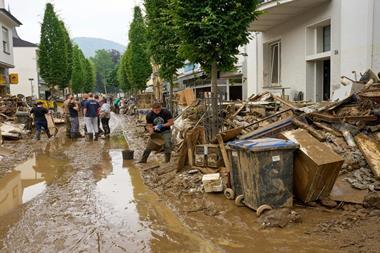The partnership will support developing countries’ access insurance and risk finance solutions
The United Nations Development Programme (UNDP) has announced a partnership with insurer Generali that will support developing countries to access insurance and risk finance solutions that enhance the resilience of communities and local businesses.
Under this multi-year partnership, Generali has committed technical and financial resources to UNDP’s Insurance and Risk Finance Facility (IRFF) in order to increase the socioeconomic wellbeing of some of the world’s most vulnerable people and places. The partnership will blend Generali’s insurance expertise with UNDP’s long-term focus on financing and development.
“On average, the world’s poorest countries lose $29 billion every year from disasters yet a meagre 3% of these losses are covered by insurance,” says UNDP Administrator, Achim Steiner.
“This new partnership with Generali will allow UNDP to extend much-needed insurance solutions to vulnerable families and businesses – from smallholder farmers suffering in the face of drought; defending natural capital at risk from climate change in coastal communities; or rolling-out financial protection for people displaced by conflict and instability.”
The partnership will provide financial and technical resources to design digitally enabled parametric insurance solutions that aims to protect vulnerable families and small businesses, develop large-scale risk finance solutions with a focus on cost-effectiveness, and promote thought leadership on human development and social innovation.
“Financial protection, business development and human rights all go hand in hand. Private and public institutions must work together to better understand how insurance solutions can be accessible and affordable for the people who need them the most.
“Insurance can contribute to socioeconomic stability and, in the event of natural catastrophes, can lead an effective and accelerated recovery,” said Generali Group CEO Philippe Donnet.
“Insurance should not only be a remedy after natural disasters. Rather, methodologies pioneered by the industry help us gather data and consequently assess potential risk. We therefore acquire a deeper understanding of how and when to reduce the impact of potential losses.”




















No comments yet